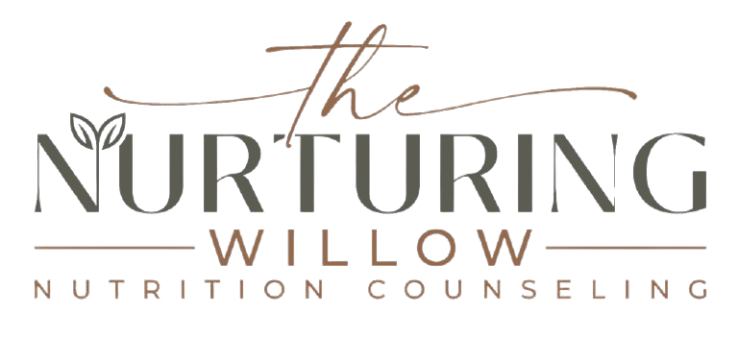
Common questions answered to guide your journey
-
Nutrition counseling is a collaborative process where a registered dietitian helps you explore your relationship with food, understand your body’s needs, and develop strategies to achieve your health goals. It’s a personalized, supportive approach to creating sustainable eating habits without judgment or guilt.
-
Nutrition counseling for eating disorders focuses on rebuilding trust with food, challenging disordered eating behaviors, and addressing underlying emotional or psychological factors. It’s a holistic and non-diet approach that emphasizes recovery rather than rigid meal plans or weight-focused outcomes.
-
Yes, you can! The HAES approach focuses on health-promoting behaviors and improving overall well-being, regardless of weight. While weight loss may be a desire, I encourage a shift in focus toward behaviors that enhance health and body respect rather than using weight as the primary marker of success.
-
A dietitian helps by creating a safe and supportive environment to explore eating patterns, address nutritional deficiencies, and work toward balanced eating habits. They also collaborate with therapists and doctors to ensure a comprehensive recovery plan.
-
Yes, I work with clients experiencing anorexia nervosa, bulimia nervosa, binge eating disorder, ARFID (Avoidant/Restrictive Food Intake Disorder), and other forms of disordered eating. Each plan is tailored to the individual’s specific needs.
-
No. Instead of rigid meal plans, I focus on flexible and sustainable approaches to nutrition that respect your preferences, lifestyle, and recovery goals. The goal is to rebuild trust with food, not impose strict rules.
-
I prioritize health and mental well-being over weight as the sole focus. My approach is rooted in helping you find balance and achieve your body’s natural set point, rather than focusing solely on weight.
